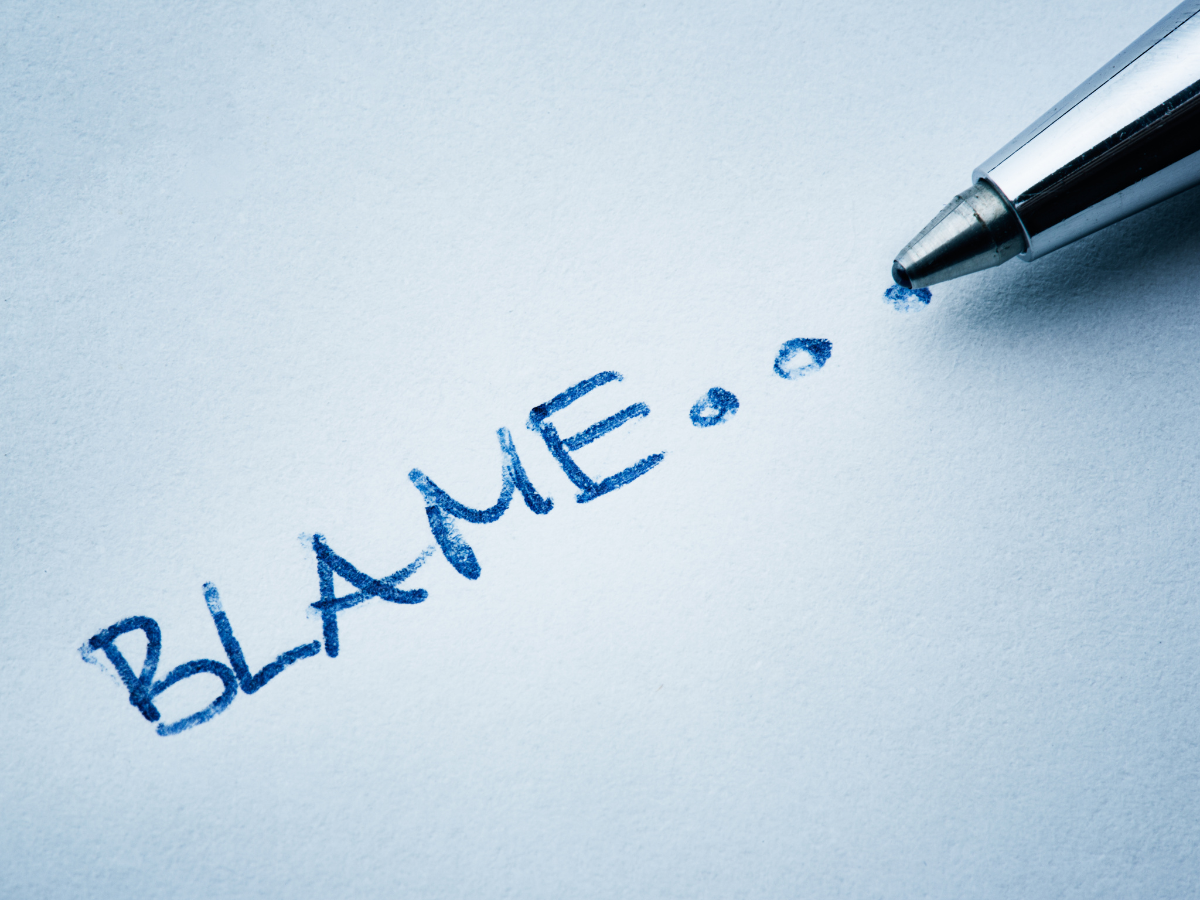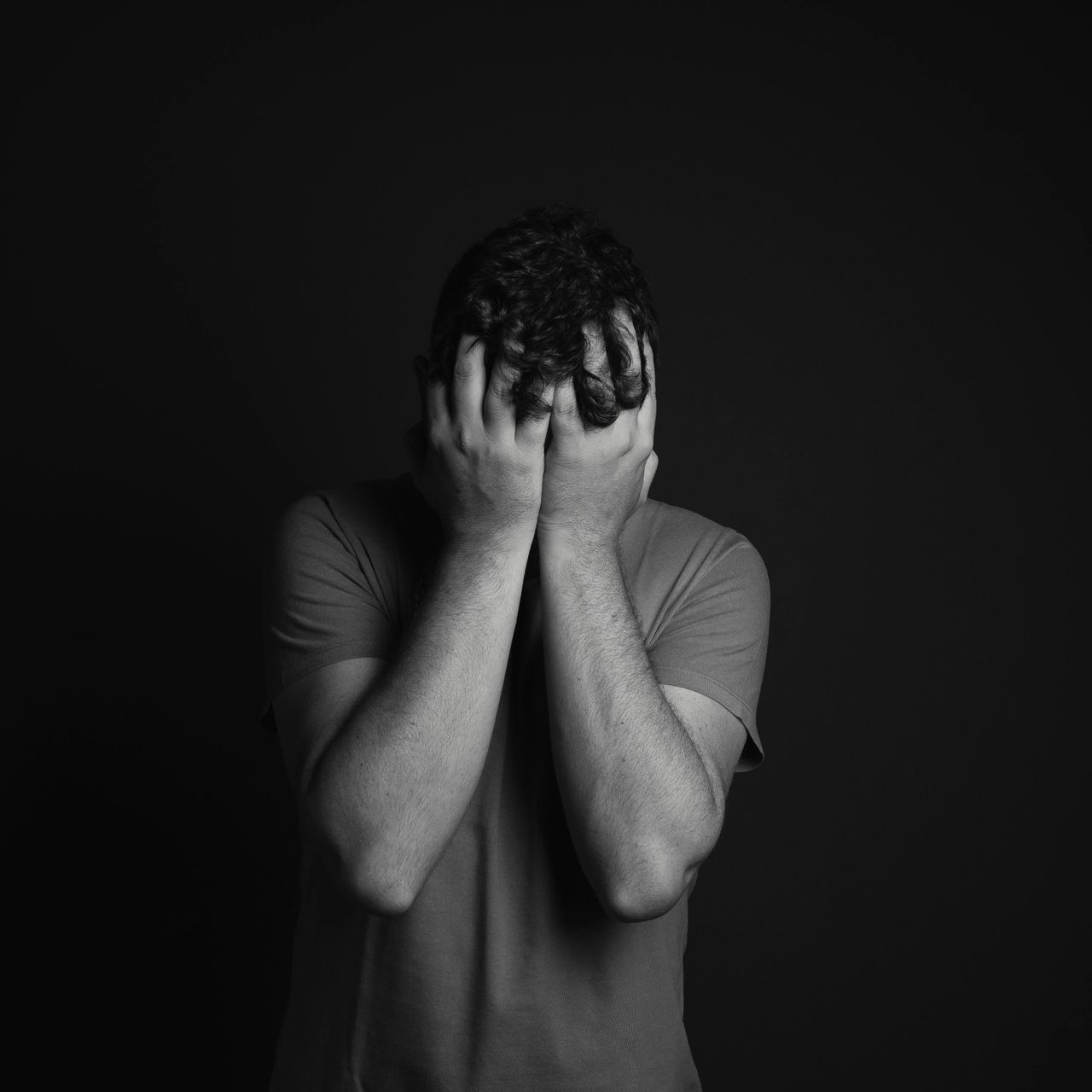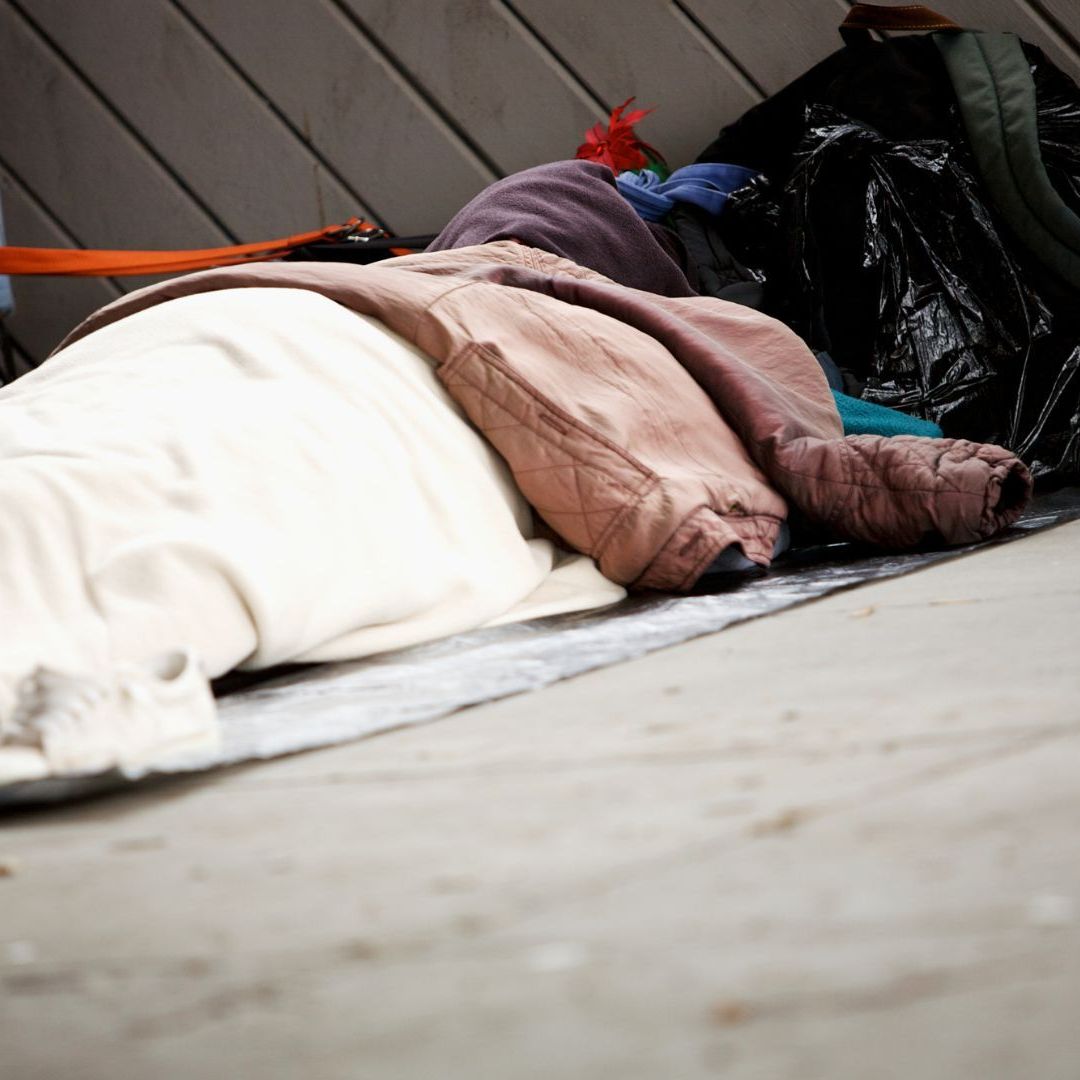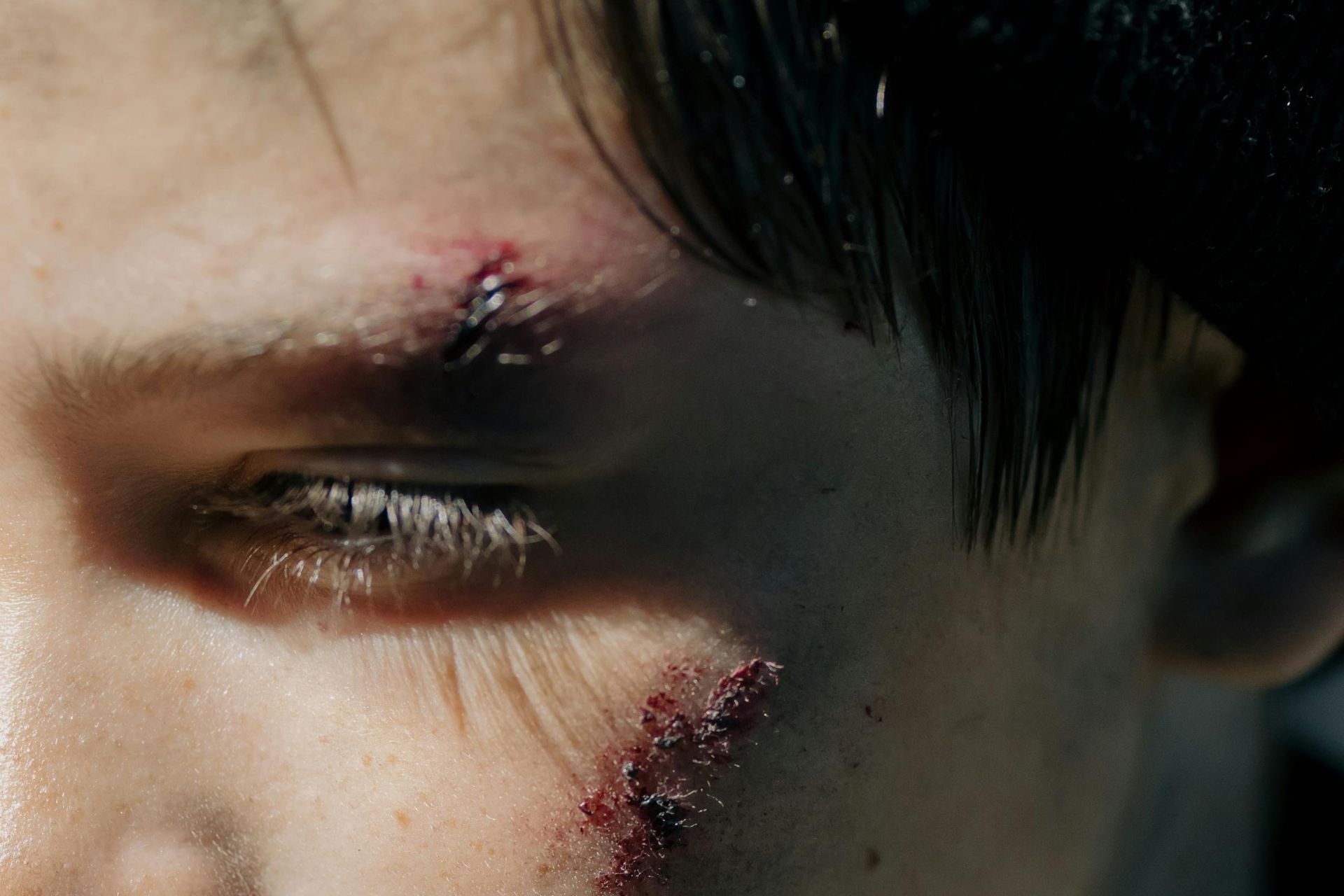How Victim Blaming Hurts Trafficking Survivors🦋
Victim blaming deeply hurts trafficking survivors.
William Ryan coined the term "blaming the victim" in 1971 to highlight this issue. It's a harmful practice where society accuses victims of crimes, like domestic violence and trafficking, of being at fault.
Trafficking survivors often face accusations of complicity. Others doubt their experiences' severity, leading to re-traumatization. These attitudes cause more pain for those already suffering.
Survivors can face depression and rape trauma syndrome because of these societal reactions.
Social consequences are also severe. Many survivors experience isolation from friends and community support networks. Some find it hard to seek justice due to disbelief in their stories.
Society and media play big roles in spreading victim blaming too. Misrepresentation in media adds to public stereotypes about who deserves sympathy as an “ideal victim.” This makes recovery harder for many.
Education is key in changing these perspectives. We need programs that raise awareness about consent and protect victims through legal reforms.
Key Takeaways
- Victim blaming increases feelings of shame and guilt in trafficking survivors. This slows their recovery process and can lead to severe mental health issues.
- Societal stereotypes often paint an unrealistic picture of an "ideal victim." Survivors who don't fit this mold face doubt, blame, and isolation.
- Media misrepresentation of trafficking survivors shifts blame from the perpetrator to the victim. Public opinion then gets influenced by these harmful portrayals.
- Educational programs help raise awareness about consent and discourage victim blaming.
- Legal reforms are needed to protect victims better. Affirmative consent laws aid in proving coercion, shifting the burden of proof onto abusers instead of survivors.
Definition of Victim Blaming
Victim blaming holds victims partially or entirely at fault for the suffering they experience. William Ryan coined "Blaming the Victim" 1971 to describe this damaging behavior. A common reason behind it is the just-world fallacy, which reflects a need to believe in a fair world where people get what they deserve.
You might see victim blaming in cases of human trafficking in Michigan. It can make survivors feel more isolated and less supported by society. Hope Against Trafficking works hard to combat these harmful attitudes.
The Safe House Project notes that "Without restorative care, 80% of survivors will return to their traffickers." It's crucial for victims to feel accepted and belonging when receiving proper care, or their chances are exponentially high of returning and continuing with the downward spiral of shame and blame.
Common Forms of Victim Blaming in Trafficking Cases
Accusations often target survivors, implying they had some role in their own trafficking.
People frequently question the severity of what happened to them, casting doubt and adding to their trauma.
Accusations of complicity
People often accuse trafficking survivors of complicity in their own exploitation. They might say the victim "chose" this path or participated willingly. Defense attorneys may highlight behaviors like alcohol use to argue that the survivor failed to resist.
These accusations hurt because they shift blame from perpetrators to victims.
Such claims ignore the coercion and manipulation traffickers use on their victims.
Trafficked individuals often have limited choices and lack control over their circumstances.
Blaming them for actions forced upon them only adds to their trauma.
This makes recovery even harder for those already suffering deeply.
Doubting the severity of the experience
Doubting the severity of a trafficking survivor's experience causes harm. It often re-traumatizes them through disbelief and invalidation. Judicial systems may favor ideal victims, creating unfair expectations for survivors who couldn't resist their attackers.
This skepticism adds to their mental burden and creates secondary victimization.
You can help by supporting organizations like Hope Against Trafficking that believe in survivors' stories and focus on healing. Donate resources so we can provide better care without judging the victims' experiences.
Your support helps break this harmful cycle.
Psychological Impact on Survivors
Victim blaming can make survivors feel isolated and helpless.
Increased feelings of shame and guilt
Victim blaming worsens the feelings of shame and guilt for trafficking survivors. They may already question their worth because of their trauma. When others doubt them or accuse them, it deepens these painful emotions.
Survivors feel responsible for what happened to them even though they are not at fault.
Accusations can cause severe mental health issues, like depression. The added weight of blame makes recovery much harder. You must support survivors rather than judge them to help ease their emotional burden and foster healing.
Deterioration of mental health
Shame and guilt can lead to a significant decline in mental health for trafficking survivors in the United States. They often struggle with depression and anxiety, especially when they are blamed for their experiences. This blame can result in isolation, further worsening their mental state.
The fear of judgment and stigma discourages many male survivors from seeking help or reporting abuse, leading to untreated trauma and prolonged suffering.
In the U.S., only a small percentage of trafficking cases are reported, largely because survivors fear blame, disbelief, or even retaliation, emphasizing the need for a more supportive environment for survivors.
Hindrance in the recovery process
Increased feelings of shame and guilt can severely hinder a survivor's recovery process.
Victim blaming often aggravates these emotions, making it difficult for survivors to trust others or seek help.
This lack of trust slows down healing and may prevent them from building new, supportive relationships.
Isolation adds another layer to the issue. Survivors who experience victim blaming feel cut off from their community and support networks. Without these connections, they struggle more in dealing with the trauma.
Your donation helps our residential program that combat this harmful cycle and supports survivors in rebuilding their lives.
Social Consequences of Victim Blaming
Victim blaming increases isolation for trafficking survivors. It also makes it hard for them to get help or support from their community.
Isolation from community and support networks
Trafficked victims often face severe social isolation, which can continue long after escaping their traffickers. This isolation stems from a lack of support networks, difficulties in finding stable jobs, and the emotional burden of shame and trauma.
Many survivors struggle to reintegrate into society due to the stigma surrounding trafficking, leading to feelings of loneliness and disconnection. Additionally, their experiences may leave them with gaps in work history or a lack of employable skills, making it even harder to secure meaningful employment.
Addressing this isolation is crucial in helping survivors rebuild their lives, fostering a sense of community, and providing the necessary resources to support their journey to recovery.
Difficulty in seeking justice
Survivors often face a tough time in the judicial system. Courts tend to favor victims who actively resist their abusers. This bias exists despite laws designed to help all survivors.
Profiling offenders rather than believing victims is a key issue. The focus remains on fitting an
ideal victim profile, making it harder for
many to seek justice.
Reduced likelihood of reporting future abuse
Many survivors of human trafficking do not come forward due to manipulation, threats, or deep feelings of shame and self-blame instilled by their traffickers. This fear significantly reduces their likelihood of reporting future abuse, leaving them trapped in a cycle of exploitation.
Tragically, more than 70% of those sexually trafficked were first sexually abused as children, making them more vulnerable to re-victimization later in life.
The trauma from early abuse not only breaks down their sense of self-worth but also makes it harder for them to seek help, as they may feel that their abuse is somehow their fault or that no one will believe them.
This underscores the importance of early intervention and support to break this damaging cycle.
The Role of Media and Society in Continuing Victim Blaming
The media often portrays trafficking survivors unfairly, leading to misconceptions. Society's stereotypes can harm public perception and increase blame on victims.
Stereotypes
The media often portrays human trafficking victims as young, women who are helpless or as foreigners brought into the country against their will. In reality, trafficking affects people from all walks of life, including boys, men, and individuals of any race, religion, or socioeconomic background.
This crime is not limited to far-off places; it's happening right here in Michigan, affecting both small communities and large cities alike.
Such skewed narratives can influence public opinion negatively and perpetuate harmful stereotypes about trafficking survivors.
Organized Crime
The media often depicts traffickers as part of large, sophisticated crime rings, but this is not always the case. In reality, many traffickers operate on a smaller scale, sometimes acting alone or within loose networks, and often online grooming their target.
These individuals can be family members, acquaintances, or even romantic partners who exploit vulnerable individuals for profit.
While organized crime does play a role in trafficking, it's important to understand that traffickers can be anyone, and they can be found in every community, including right here in Michigan.
Strategies to Combat Victim Blaming
Educating communities can change harmful attitudes and behaviors. Establishing stronger support systems ensures survivors feel heard and protected.
Educational programs to raise awareness
Our partner organization, A Courageous Voice, is dedicated to using child safety prevention education as a powerful tool to empower youth both offline and online. By teaching children to recognize red flags and giving them the confidence to speak up, A Courageous Voice aims to protect them from potential predators.
One of their key teachings is the "No Blame/No Shame" rule, which encourages children to understand that they are never at fault for the actions of those who try to harm them.
This principle is essential in building a supportive environment where children feel safe to share their concerns.
Support systems for survivors
Support systems for survivors play a crucial role in recovery. Hope Against Trafficking offers safe housing, counseling, and restorative care to trafficking victims. Donations from Michigan residents can enhance these services and expand their reach.
In addition to youth education, this philosophy is deeply embedded in our residential program for human trafficking survivors. Many survivors carry the weight of shame and self-blame due to the manipulation they have endured.
Supporting these programs has real impacts. When you donate, you help fund supportive environments for survivors. Your contributions ensure people learn to challenge harmful stereotypes and support trafficking survivors with empathy and respect.
Educational programs also provide vital information about trafficking and available resources. You can support initiatives that raise awareness in schools and communities.
Your donations contribute directly to the mental health improvement of survivors by funding therapy sessions and support groups.
This helps reduce feelings of shame and guilt among survivors.
Conclusion
Victim blaming adds more pain to trafficking survivors. It deepens their shame and makes healing harder. Society must stop these harmful actions. You can help by supporting education and survivor aid programs.
Let's make a safe space for every survivor to heal and thrive.









